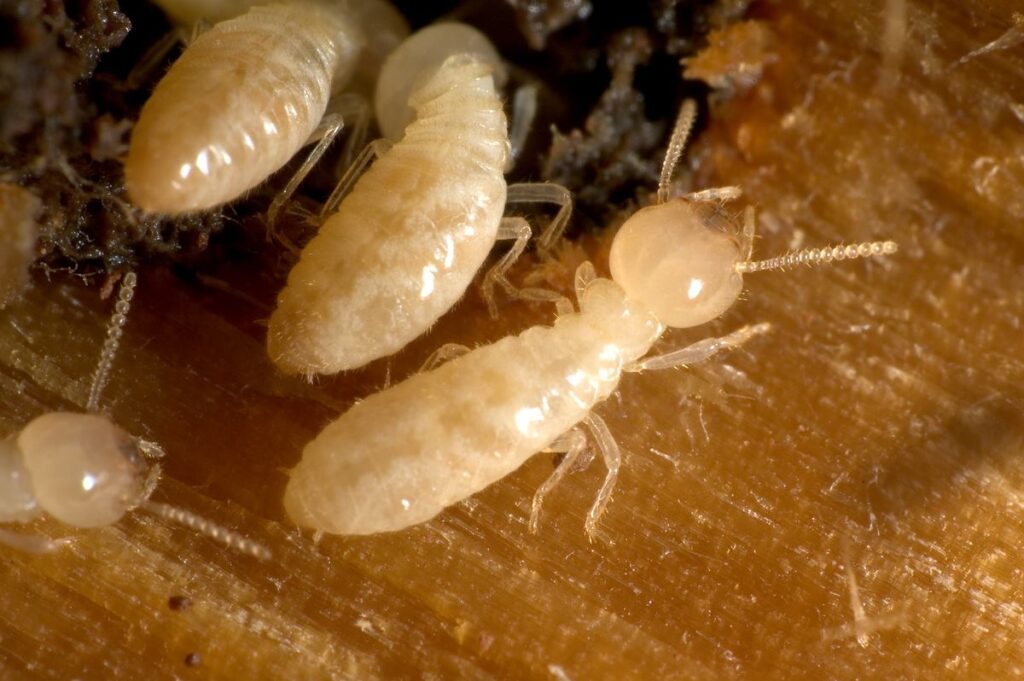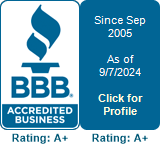Termite Control & Prevention
Do you know what is going on under your HOME?

No matter how your home is constructed, or how old it is, it could be attacked by termites. Termites cause thousands of dollars of damage each year in Hampton Roads area and unfortunately the damage is not covered by most homeowner’s insurance.
Much of the damage can go undetected even though termites continue to reek havoc under your home. The difficulty in detection makes termite intruders, invaders with a vengeance.
Global Pest Services provides Hampton Road area families the peace of mind from termites by offering a Termite Contract that is renewable annually.
Global Pest Services offer a FREE in home inspection to determine the best procedure of prevention in order to protect your investment.
 This picture shows termite wood damage to a home.
This picture shows termite wood damage to a home.
Termites: Did you know?
Eastern subterranean termites are the type most likely to attack your home. These are social insects that nest in large underground colonies. Even though they nest underground some colonies can also exist above ground, usually due to excess moisture resulting from a roof or plumbing leaks.
Global Pest Services uses a product know as TERMIDOR.
www.termidorhome.com
Why you may ask?
Termidor is know as the “American’s #1 Termite Defense Product”





